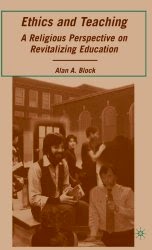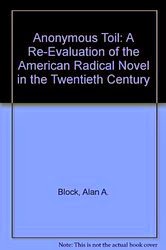2009-2010

The end of the end of 2009 occurs tonight. I have never put much stock in New Year’s celebrations, though I have over the new years participated in some new year’s events. Once I even went to Times Square and had a miserably cold and crowded experience.
I think my favorite New Year’s occurred somewhere in the relatively late 1970s or early 1980s. Then, I lived in New York City on the Upper West Side. On the last day of the year, I visited with my dear therapist at about noon and spent a glorious hour talking about myself. Then, abusing myself with illegal substances, I subwayed down to the Cinema Village Theater to meet my favorite woman at the time for a triple feature screening: The Last Waltz (the end of The Band); Gimme Shelter (the titular end of the 1960s); and Let It Be (the end of the Beatles). It was a glorious and meaningful way to end the year. Then we subwayed our way back uptown for a small dinner and gathering at the apartment with friends.
There seemed to me substance and intimacy in this celebration, and even a bit of spirituality, as we relived our tumultuous decade and participated in its ending in that theater, and then as we gathered quietly to converse through the official passing of the year. There was no screaming and yelling and drunkenness; no constructed joy and merriment; no bacchanalia. It was a quiet, serious and joy-filled experience. After all, the music itself celebrated life, sometimes despite the events portrayed in the film.
At midnight, a second changes 2009 into 2010. It is a meaningless gesture: whether we record it or not, time passes. I’m not sure what the moment celebrates, or is meant to commemorate. Survival, I guess, and that is not an insignificant accomplishment, though mere survival is hardly sufficient: I think there must be meaning to and in that endurance.
Actually, I hope to be asleep when the ball in Times Square drops, and to awaken in the morning first, to the writing and then, to run with Gary.

















